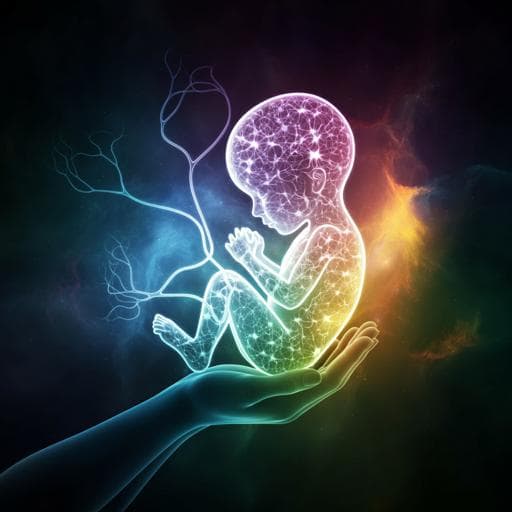
Medicine and Health
The impact of counselors' values and religious beliefs on their role identity and perspectives on heritable genome editing: a qualitative interview study
W. P. Geuverink, J. T. Gitsels, et al.
This qualitative interview study delves into the insights of Dutch midwife counselors who identify as religious, examining their views on prenatal anomaly screening and heritable genome editing. Conducted by Wendy P. Geuverink, Janneke T. Gitsels, Martina C. Cornel, Bert Jan Lietaert Peerbolte, Christina Prinds, Carla G. van El, and Linda Martin, the research reveals how personal beliefs deeply shape professional roles in reproductive healthcare.
Related Publications
Explore these studies to deepen your understanding of the subject.







